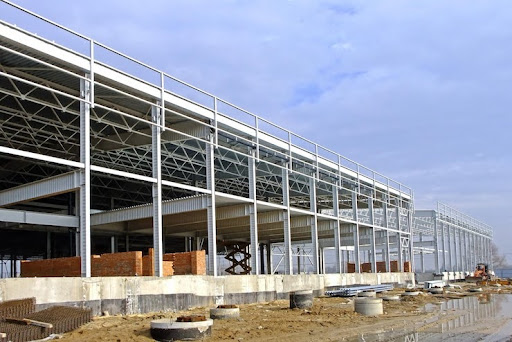Engineering is the unseen force behind the development of our cities, homes, and industries. From the bridges we cross to the buildings we live in, high-quality engineering services are essential to modern life. Whether you’re planning a construction project or upgrading an existing structure, understanding how engineering services work can help you make smarter decisions and avoid costly mistakes.
Why Engineering Services Matter More Than Ever
As cities grow and technology evolves, the demand for precision-engineered solutions continues to rise. Engineering services cover a wide spectrum—civil, mechanical, electrical, and structural—all working together to ensure a project’s success from start to finish. These services are not just about calculations; they’re about creating safe, sustainable, and efficient environments.
In both residential and commercial sectors, engineering services play a critical role in transforming a concept into a functional, durable structure. From site evaluation to final inspection, engineers bring technical expertise that architects and builders rely on to turn ideas into reality.
Key Areas Where Engineering Services Add Value
1. Planning and Feasibility Assessment
Before any construction begins, engineers assess the feasibility of the project. This includes analyzing the site’s topography, soil stability, water drainage, and environmental factors. Proper planning helps reduce risks and avoid future structural issues.
For instance, in a flood-prone area, engineers may recommend raising the building elevation or installing enhanced drainage systems. Without such input, a project could face costly delays or legal complications.
2. Structural Design and Safety Compliance
Safety is at the heart of every engineering decision. Engineers design frameworks that can withstand environmental loads such as wind, earthquakes, and snow. They also ensure the project adheres to building codes and safety standards.
By working with licensed professionals who specialize in structural engineering services, project owners can ensure their buildings are strong, stable, and compliant with local regulations. This step is crucial not only for safety but also for long-term performance and reduced maintenance costs.
3. Cost Efficiency and Resource Management
Good engineering helps optimize the use of materials, labor, and energy. Engineers use advanced modeling software to predict how different materials will perform under various conditions. This helps avoid overbuilding and minimizes waste.
For example, using lighter but stronger steel frameworks can lower construction costs and improve building performance. Energy-efficient systems recommended by engineers can also reduce operating costs in the long run.
4. Project Oversight and Quality Assurance
Engineering professionals don’t just design; they supervise. During construction, they ensure the work is executed according to the plans. They inspect materials, test installations, and identify defects early on.
This kind of oversight ensures that any deviations from the plan are corrected before they become bigger problems. Without engineering supervision, even small errors can lead to significant structural issues later.

5. Innovation and Sustainability
Modern engineering goes beyond structural stability. Engineers now focus heavily on environmental impact and sustainable design. From using recycled materials to incorporating solar energy systems, sustainability has become a key factor in engineering solutions.
Green buildings, LEED certifications, and energy modeling are just a few ways engineering services support eco-friendly development. This innovation is not only good for the planet but also for property value and brand reputation.
Conclusion: Building Smart Starts With Smart Engineering
In today’s fast-paced construction environment, investing in professional engineering support isn’t optional—it’s essential. Engineering services bring technical accuracy, safety assurance, cost control, and long-term value to any project. They turn abstract designs into solid structures that stand the test of time.











Comments